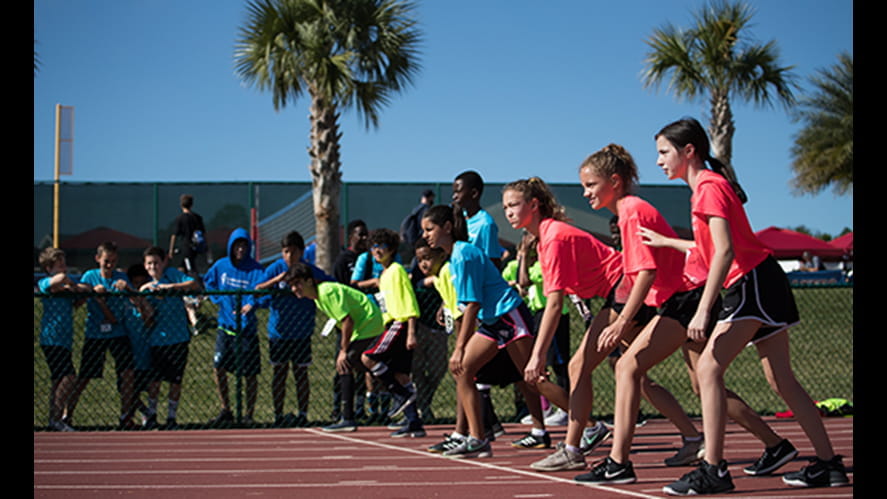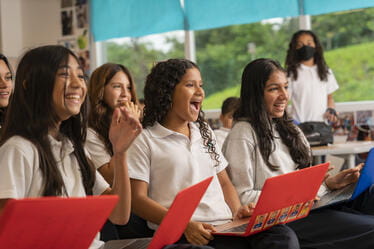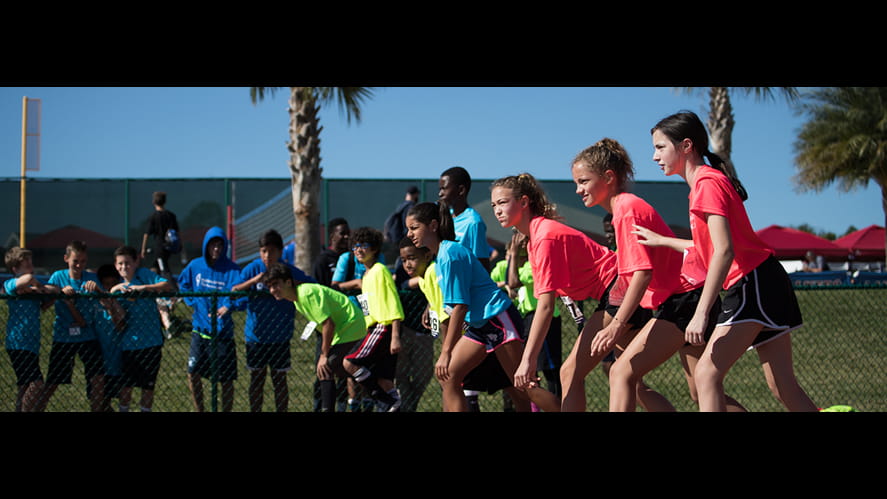We use cookies to improve your online experiences. To learn more and choose your cookies options, please refer to our cookie policy.



Slamming her racquet on the floor and calling the umpire a liar and a thief garnered world-wide attention for Serena Williams at this year’s US Open. Facing three code-of-conduct violations for illegal coaching, racquet abuse and verbally abusing a judge, totalling to a penalty of US$17,000 many have argued that the price she paid for her outburst cost her a lot more than the monetary fine. The incident has since opened a discussion about the importance and value of sportsmanship and accepting defeat or setbacks as part and parcel of life.
“Winning and losing is a basic fact of life,” Travis Washko, regional activities manager for Nord Anglia Education’s (NAE) international schools in China, said.
“Sport is one of the best ways to teach young people how to win and lose. Learning to be gracious and respectful [by experiencing both] is very important in life.”
Mr Washko, who recently helped set up an NAE regional Global Games football event for students under 14 years old, said that large sporting activities create a positive and constructive environment to teach the traits of sportsmanship such as learning to play fair, following directions, respecting both team members and opponents and encouraging team work.
Dustin Embrey, an athletics specialist for NAE’s regional team in The Americas, said competitive sports shapes “the bigger picture” of a student’s life through the physical, emotional and mental benefits it brings such as valuing exercise for a healthy body and mind and improving one’s self-esteem – aspects that help balance the fast-paced, technology driven and sedentary environment in which we now live. But in this increasingly competitive jobs market, students who participate in sports at school are also learning key skills that are invaluable for when they enter the workforce.
“When you get underneath this further, competitive sports teaches students about leadership, adversity, goal-setting and team building,” Mr Embrey said.
“Such skillsets, when developed at a young age, can be the foundation of a student’s success in both their personal and professional life.”
“It allows our students to understand that real competition is with oneself,” Mr De Korodi said.
“By taking on a particular challenge, focussing, planning, learning from others, training and achieving by measuring ourselves against our own success and failures. But it also gives us that feeling of elation.”